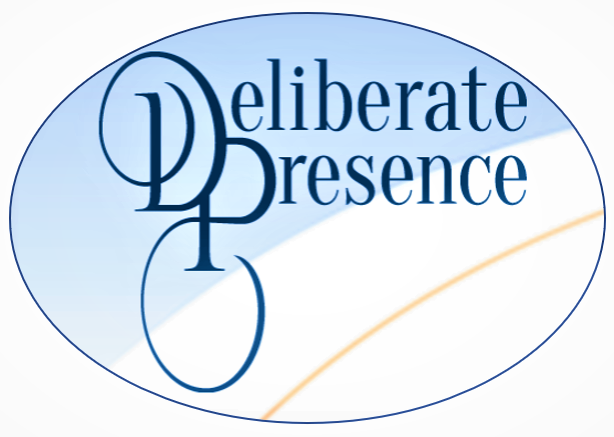For me, the research on the impact emotional intelligence (EQ) has on various aspects of life is fascinating. The next three posts will cover results from several different researchers on the effect of EQ skills and behavior on health, wellbeing, and in work settings. This first post is on the connection of EQ and health from research by Dr. Reven Bar-On:
- Individuals who are healthier have higher emotional intelligence than people who are not as healthy.
- Research suggests that the emotional intelligence skill of self-regard (one’s ability to understand and accept oneself) is the strongest predictor of health.
- Using the definitions provided by the Institute for SEI, self-regard can be compared to the skills of accurate self-assessment (knowing one’s strengths and limits) and personal power (a strong sense of one’s self-worth and capabilities; self-confidence).
- Results from several different studies demonstrated key skills in “emotional intelligence significantly impacts physical health and overall subjective wellbeing.” (Bar-On, 2012)*
There is an amazing connection between our level of self-awareness, our ability to navigate our emotions well, and the state of our health.
Two books you might want to read are:
Two books you might want to read are:
“When the Body Says No: Understanding the Stress-Disease Connection” by Gabor Maté
“Molecules of Emotion: The Science Behind Mind-Body Medicine” by Candace B. Pert
*Bar-On, R. (2012, February) The Impact of emotional intelligence on health and wellbeing. ResearchGate. 28-50.
*Bar-On, R. (2012, February) The Impact of emotional intelligence on health and wellbeing. ResearchGate. 28-50.


